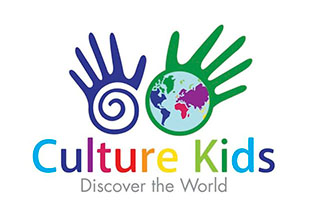Living in an ever-growing competitive society which has placed more emphasis on individual gain rather than collective benefits, it seems essential to go back to the essence of community. We are capable of a much higher level of co-existence than what we practice today.
Interconnectedness is the way in which people, nature and objects interact with one another to form a complex whole. With global issues such as climate change, biodiversity, sustainability and cultural awareness, it is important for future generations to build a better world through respect and collaboration. These go hand-in-hand, because in order to collaborate efficiently there must be mutual respect, and without respect there cannot be positive collaboration. This is true for children as well as adults.
Difficult to teach, respect is an outcome of an upbringing and values that children have observed, experienced and will reproduce. They look to adults as role models, so let’s make sure we’re giving the right example, using the right vocabulary, and showing altruism and empathy.
“Today more than ever before, life must be characterized by a sense of universal responsibility, not only nation to nation and human to human, but also human to all other forms of life”, Dalai Lama.
Our role as adults is to help children become producers rather than consumers and see value in caring for each other and their environment. This can start with simple activities such as cleaning the car together, working in the garden, cooking, laying the table or helping the neighbors. Giving children small responsibilities and increasing them according to age and ability helps stimulate autonomy and respect. Taking children out and exposing them to different communities, museums, journeys and experiences is all the more enriching to build on cultural and global awareness.
“Without respect, there cannot be peace”,Maria Montessori.
Children automatically accept that not everyone is the same. Being different is normal, just as it is to accept that different people need different kinds of help. Asking children to fit in the same “box” is deeply frustrating as it’s impossible and can create a certain competition and classification of skills. Rather than being stimulated by achieving the highest grades, in the right environment, children naturally learn because they’re curious and interested. By removing competition and creating common objectives, they are not afraid to make mistakes and are enthused to collaborate. They develop a strong sense of independence, self-confidence and self-discipline.
Pursuing collective goals brings about social progress and develops values and respect.
Adults should certainly be careful not pollute with pre-conceived ideas or prejudice and allow children to become contributive, responsible and collaborative adults by:
- Building collective conscience and global awareness
- Engaging in positive solutions
- Taking personal action
